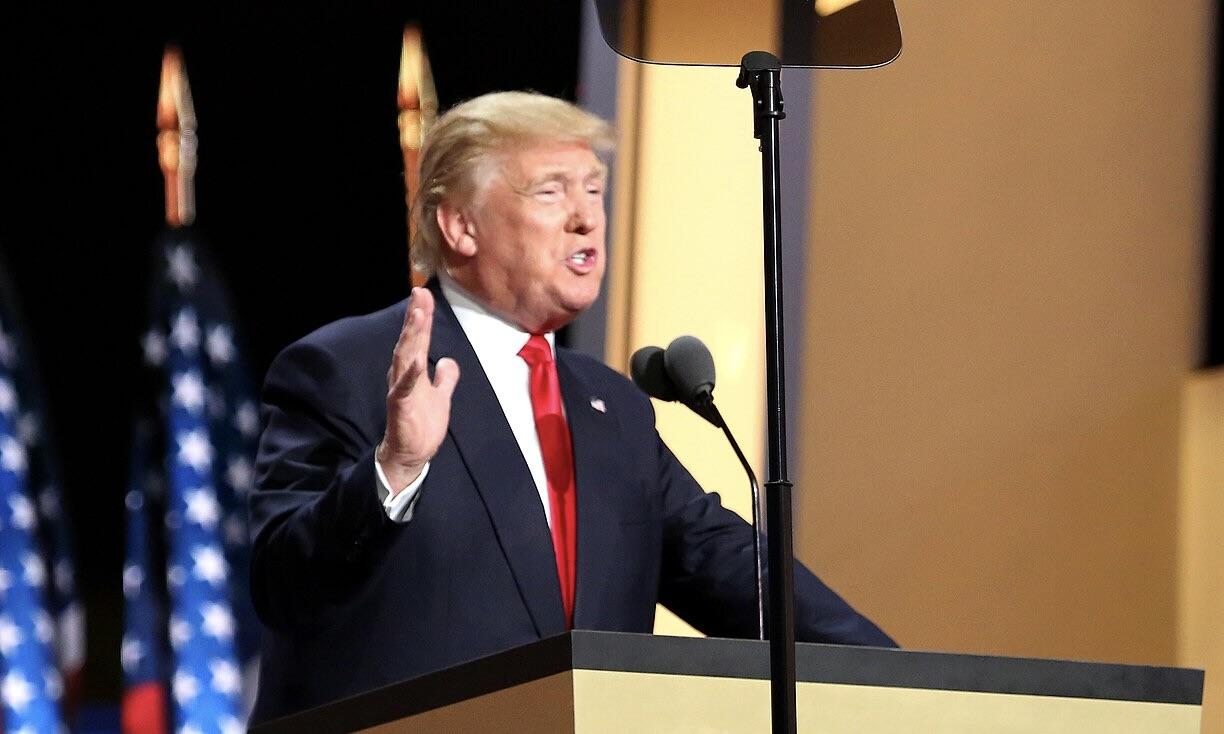President Donald Trump has reignited global trade debates with a new strategy aimed at reshaping economic ties between the United States and the European Union (EU). The bold plan, announced earlier this week, focuses on revising longstanding trade agreements, reducing tariffs, and addressing regulatory disparities that Trump claims have long disadvantaged American businesses. However, critics warn the approach risks sparking a trade war with Europe, with far-reaching consequences for the global economy.
In a statement from the White House, Trump emphasized the need for “fair and balanced” trade relations. “American workers deserve better deals,” he said, adding that his administration aims to correct what he described as years of unfair trade practices.
Key Pillars of Trump’s EU Trade Policy
Trump’s 2025 trade policy centers on two main objectives: reducing the trade deficit and eliminating non-tariff barriers. The administration has prioritized agriculture, automobile exports, and technology regulations as focal points of negotiations.
The policy also proposes significant reductions in tariffs for U.S. agricultural products, which have faced stiff restrictions in the EU due to stringent regulatory standards. The administration is pressing European officials to loosen these barriers, arguing that American farmers deserve broader market access.
Simultaneously, Trump has called for adjustments to EU regulations on tech companies, which he claims disproportionately impact American firms like Apple and Google. The president labeled the EU’s Digital Services Act as a “protectionist” measure designed to shield European competitors from U.S. innovation.
Public Reaction and Industry Concerns
Reactions to Trump’s trade strategy have been polarized, with netizens weighing in on social media:
- @TradeWinsNow: “Finally, someone standing up to Europe’s unfair practices! Trump is fighting for American workers and businesses!”
- @EUforLife: “This is reckless. Trump is willing to risk global stability for his own ego.”
- @FarmersFirst: “If this opens up markets for U.S. agriculture, we’re all for it. American farmers deserve this!”
- @TechRightsEU: “The Digital Services Act isn’t protectionist. Trump needs to learn that fair competition isn’t a monopoly.”
- @GlobalTradeWatch: “Trade wars benefit no one. Trump’s approach is too confrontational and will hurt the global economy.”
- @TrumpSupporter87: “Trump’s making deals that matter! Europe needs to stop taking advantage of the U.S.”
A Divisive Approach to Diplomacy
While Trump’s trade strategy aims to correct perceived imbalances, industry experts caution that his tactics could harm diplomatic relations with key allies. The EU has already hinted at retaliatory measures should the U.S. impose additional tariffs or regulatory demands.
Moreover, some analysts argue that Trump’s focus on bilateral agreements may erode the multilateral trade framework that has guided global commerce for decades. Critics fear this could undermine trust between major trading partners and weaken collective economic growth.
However, supporters argue that Trump’s hardline approach may finally yield benefits for U.S. workers, especially in manufacturing and agriculture. The administration is betting on the EU’s economic reliance on American exports to force a favorable resolution.



 Melania Trump Chairs Historic U.N. Security Council Meeting on Children Amid Iran Conflict
Melania Trump Chairs Historic U.N. Security Council Meeting on Children Amid Iran Conflict  Trump Warns Iran as Gulf Conflict Disrupts Oil Markets and Global Trade
Trump Warns Iran as Gulf Conflict Disrupts Oil Markets and Global Trade  U.S.-Israel War on Iran Escalates as Gulf Conflict Disrupts Oil, Air Travel and Regional Security
U.S.-Israel War on Iran Escalates as Gulf Conflict Disrupts Oil, Air Travel and Regional Security  Rubio Says U.S. Would Not Target School After Deadly Iran Strike Reports
Rubio Says U.S. Would Not Target School After Deadly Iran Strike Reports  Israel Launches Fresh Strikes on Iran After Death of Supreme Leader Ayatollah Khamenei
Israel Launches Fresh Strikes on Iran After Death of Supreme Leader Ayatollah Khamenei  AI is already creeping into election campaigns. NZ’s rules aren’t ready
AI is already creeping into election campaigns. NZ’s rules aren’t ready  Iran Detains U.S. Citizens Amid Escalating Conflict With the United States and Israel
Iran Detains U.S. Citizens Amid Escalating Conflict With the United States and Israel  EU Urges Maximum Restraint in Iran Conflict Amid Fears of Regional Escalation and Oil Supply Disruption
EU Urges Maximum Restraint in Iran Conflict Amid Fears of Regional Escalation and Oil Supply Disruption  Trump to Attend White House Correspondents’ Dinner 2026, Ending Long Boycott
Trump to Attend White House Correspondents’ Dinner 2026, Ending Long Boycott  Australia Rules Out Military Involvement in Iran Conflict as Middle East Tensions Escalate
Australia Rules Out Military Involvement in Iran Conflict as Middle East Tensions Escalate  Pentagon Downplays ‘Endless War’ Fears After U.S. Strikes on Iran Escalate Conflict
Pentagon Downplays ‘Endless War’ Fears After U.S. Strikes on Iran Escalate Conflict  Israel Strikes Hezbollah Targets in Lebanon After Missile and Drone Attacks
Israel Strikes Hezbollah Targets in Lebanon After Missile and Drone Attacks  Trump Says U.S. Combat Operations in Iran Will Continue Until Objectives Are Met
Trump Says U.S. Combat Operations in Iran Will Continue Until Objectives Are Met  Suspected Drone Strike Hits RAF Akrotiri Base in Cyprus, Causing Limited Damage
Suspected Drone Strike Hits RAF Akrotiri Base in Cyprus, Causing Limited Damage  Supreme Court Backs GOP Lawmaker in New York Redistricting Fight Ahead of Midterms
Supreme Court Backs GOP Lawmaker in New York Redistricting Fight Ahead of Midterms  Trump Launches Operation Epic Fury: U.S. Strikes on Iran Mark High-Risk Shift in Middle East
Trump Launches Operation Epic Fury: U.S. Strikes on Iran Mark High-Risk Shift in Middle East  Russia Signals Openness to U.S. Security Guarantees for Ukraine at Geneva Peace Talks
Russia Signals Openness to U.S. Security Guarantees for Ukraine at Geneva Peace Talks 
































